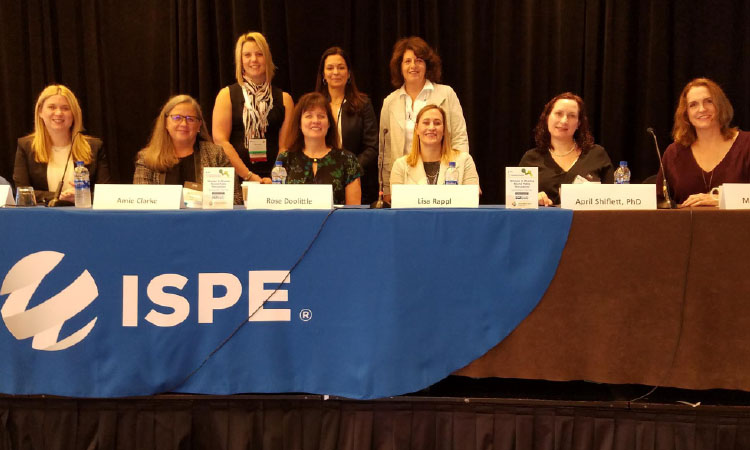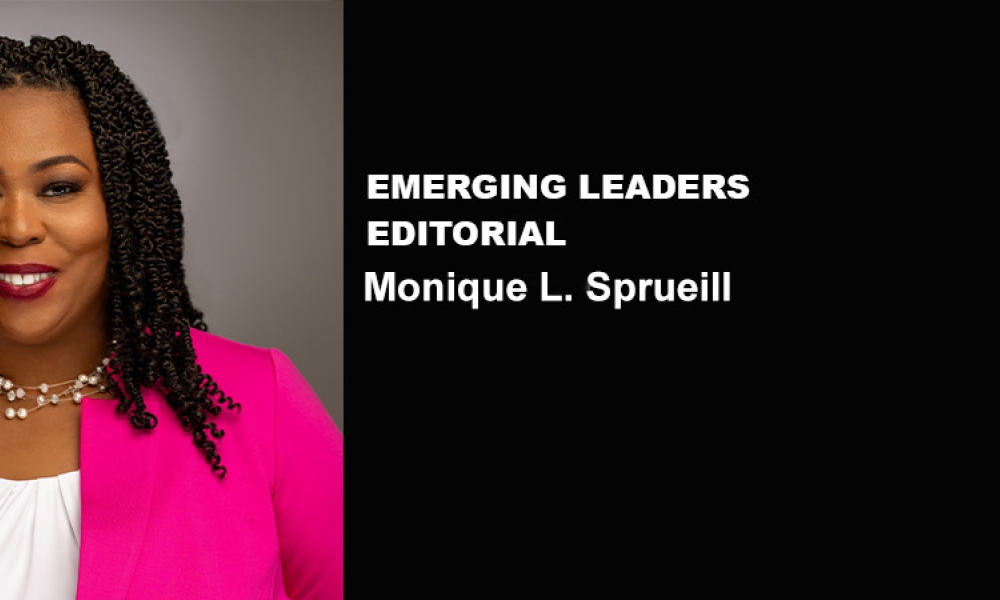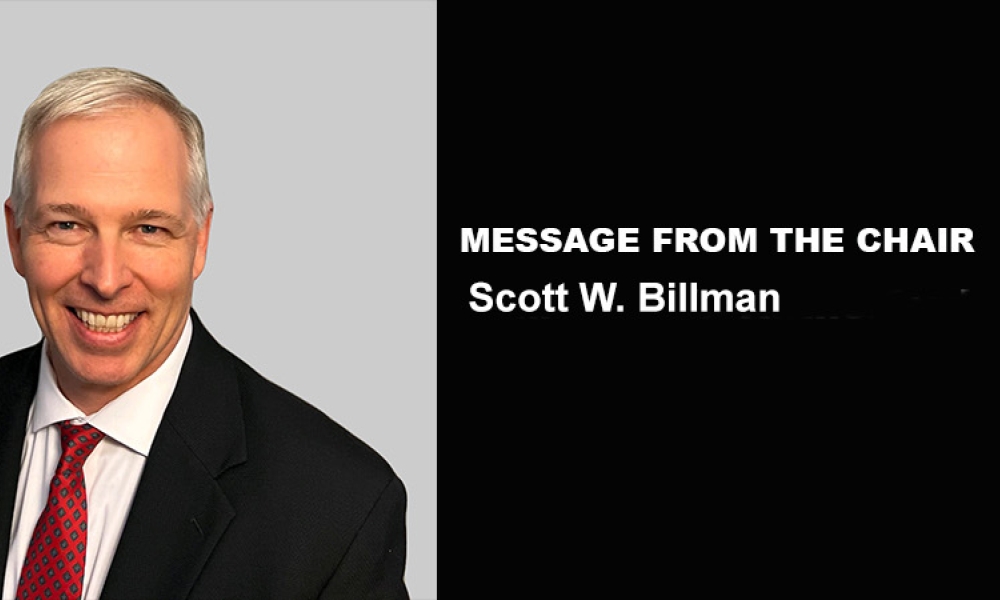Participants were Cindy Capeloto, Site Director, Quality Management, Shire; Amie Clarke, Senior Director, Corporate Security and Crisis Management, Gilead Sciences, Inc.; Rose Doolittle, Senior Director, Pharmacovigilance CAPA Center of Excellence, Johnson & Johnson; Lisa Rappl, Associate Director, Asset Quality Lifecycle, BioMarin Pharmaceutical, Inc.; April Shiflett, Process Development Principal Scientist, Amgen, Inc.; and Melody Spradlin, Senior Director, Facilities Engineering, Gilead Sciences, Inc. Session leaders were Michele Levenson, Senior Program Manager, Validation, at Pharmatech Associates, Inc., and Vivianne Arencibia, President, Arencibia Quality Compliance Associates LLC.
Global and Generational Communications
Being able to communicate across the various generations and with people in multiple locations is key to career success. Clarke noted that “with different generations and individuals in workforce, it is best to be direct. Approach people, topics, and meetings from the bottom line up front.” Rather than spending time explaining why there is a meeting, she suggests getting down to the business of the meeting and meet only when necessary. “I meet in person with my team when I don’t want the topic to get lost over the internet,” she said.
Having older teenagers has helped Clarke to develop active listening skills that are very helpful in the workplace. Other tips: “Don’t apologize if you don’t need to,” and “Overcoming egos is a big issue no matter what industry you are in.”
Rappl’s experience has included working for several global companies and she agreed that communication—both verbal and nonverbal—can have a great impact on relationships. Even something as simple as how introductions are handled can be important. She suggested regular interactions and “try to understand local colloquialisms. For instance, we say ‘opening a deviation’; in Ireland they say ‘raising a deviation.’ Adapt to their styles so they are more comfortable with you.” Also helpful for building bonds is to “try to find something in common with everyone you work with; a hobby, a shared interest. It goes across all generations and gives you something to connect on.”
Wanted: WIP Success Stories
Pharmaceutical Engineering is looking for more stories about Women in Pharma®. Can you recommend someone who should be profiled? Would you like to cover a WIP event for PE? Contact Susan Sandler, Editorial Director, for more information.
Coping with Industry Change
Change from mergers, acquisitions, and buyouts can work for an individual’s career and can also help lay the groundwork for integrating new departments while creating common purpose.
Diversity of experience—through various companies of different sizes, experiences with reorganizations, closings, downsizings, and acquisitions—has paid tremendous dividends for Doolittle’s career. “The more you learn and do, the more value you create. Think of a career lattice, not a career ladder. I’ve moved laterally or even taken a step down to learn something new. It’s a marathon, not a sprint, so think about the long term not the short-term win or promotion or pay increase if that pigeonholes you into a corner that will be hard to get out of.”
Embracing change and seeing the opportunities will help you to identify the right moves for you, Doolittle said. “Let go of the fear and inertia that come during a difficult period. Evolve or become extinct.”
The strength in this approach will help to build a common purpose when creating a new group during a transition. Know your strengths, and those of your team, Doolittle recommended. “You build respect by recognizing the value your team members bring to the table,” she said. This also contributes to building culture: the behaviors you value and devalue will influence the team culture. Consider what you want to change or enforce in the culture, then take actions to support them.
Spradlin also experienced many changes at companies she worked for, which prompted her to move into different roles at other companies. She has worked in a range of positions and companies and in each instance, has considered: “What can I control, and not? Your standards and your core values are in your control. The mission may change, so pause, think about it, and make the most of it.”
Demonstrating resiliency in times of change helps to create a common purpose, she said. “Walk the talk, be curious, understand the drivers for change. Hold yourself accountable for demonstrating these.” Being able to adapt and figure out your options, where you may need to retool with more training, more networking, or other options, is critical.





